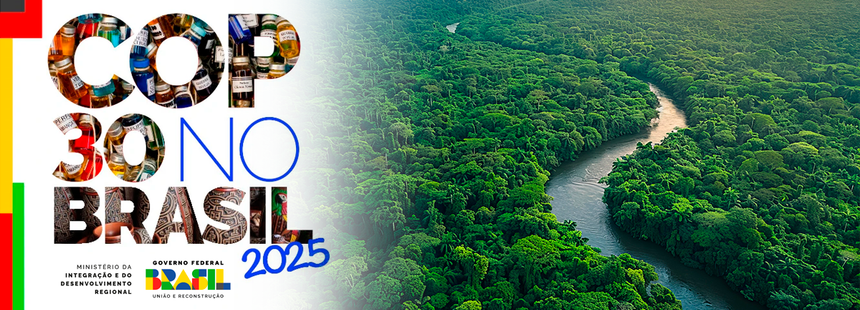
As the world prepares for COP30 in Belém, Brazil, a pivotal question emerges: Will this be the summit that finally turns the tide for Africa’s climate adaptation?
The continent is arriving with a unified position, a clear framework, and an urgent demand for a partnership that moves beyond aid. The continent aims to unlock its vast potential as a global green powerhouse.
Africa is no longer just appealing for charity; it is negotiating for investment. Through platforms like the Africa Climate Summit (ACS) and the Africa Energy Week (AEW), leaders have laid out a powerful blueprint.
Spearheading these summits and conferences like AFDB, PACJA, and GreenPeace, are helping mobilize and fight for Africa’s climate justice. For instance AFDB is actively investing in African green projects, including startups by women and the youth.
Therefore, the narrative is shifting from Africa as a victim to Africa as a solution. Moreover, the continent boasts 60% of the world’s solar resources and vast reserves of critical minerals.
Additionally, COP30 acts as a deadline for developed nations to deliver on the $1.3 trillion per year in climate finance promised by the African Group of Negotiators. This is non-negotiable for implementing the continent’s ambitious climate goals, which require $2.8 trillion by 2030.
For COP30 to be a true turning point, it must deliver concrete outcomes:
- Closing the Finance Gap: Bridging the USD 2.5 trillion funding shortfall with a clear plan that prioritizes grants and low-interest loans for adaptation.
- Unlocking Private Capital: Reforming the global financial architecture to de-risk projects and attract the private investment, which currently contributes a meager 14% of climate finance in Africa.
- Fairness in the Carbon Market: Ensuring new mechanisms like carbon markets do not become a new form of “green colonialism” but genuinely benefit local communities.
The message from Addis Ababa and New York’s UNGA is clear: Africa has the plans and the political will. COP30 must be the moment the world provides the capital. The continent’s sustainable future depends on it.


Add a Comment